Is Aftermarket Catalytic Converter Loud? Everything You Need To Know
Aftermarket catalytic converters have gained popularity for their cost-efficiency and potential performance boosts. However, they can sometimes make your car louder.
In this article, we’ll explore why this happens, what factors contribute to the noise increase, and whether you can choose quieter aftermarket options. If you’re considering a catalytic converter replacement, understanding the impact on noise levels is crucial to making an informed decision and ensuring your vehicle meets legal noise standards.
Table of Contents
Do Aftermarket Catalytic Converters Impact Exhaust Noise?
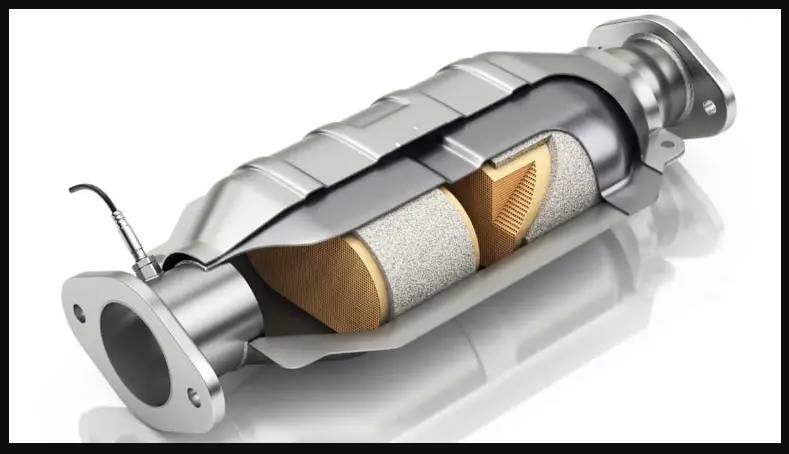
Yes, aftermarket catalytic converters can impact exhaust noise. When you replace the original catalytic converter in your vehicle with an aftermarket one, the new converter may not be as effective in reducing exhaust noise.
Factory catalytic converters are designed to both reduce emissions and minimize noise. Aftermarket converters, while they can offer performance or cost benefits, may not have the same noise-reducing qualities.
This can result in a louder exhaust note, as the sound from the engine and exhaust system is less effectively dampened. The extent of the noise increase can vary depending on the specific aftermarket converter chosen and the vehicle’s original design.
What helps Increased Vehicle Noise with Aftermarket Catalytic Converters?
Several factors contribute to increased vehicle noise when aftermarket catalytic converters are installed:
01. Design Differences
Factory and aftermarket catalytic converters have distinct internal designs. The internal components of aftermarket converters may not be as effective at dampening sound as those in factory converters.
This is because factory converters are engineered with specific materials and structures to minimize noise while reducing emissions. Aftermarket converters might prioritize cost or performance over noise reduction, leading to increased exhaust noise.
02. Less Sound Insulation
Original catalytic converters often incorporate sound insulation materials that help absorb and reduce exhaust noise.
Aftermarket alternatives might not include these sound-deadening materials or may use less effective ones, resulting in more noise escaping from the exhaust system.
03. Quality Variation
Aftermarket catalytic converters come in various quality levels. Cheaper options may compromise on noise reduction capabilities.
Higher-end aftermarket converters are more likely to match or even exceed the noise reduction qualities of factory converters. Choosing a quality converter can make a significant difference in noise levels.
04. Fitment Issues
Poorly fitting aftermarket converters may not seal as tightly as factory ones. When there are gaps or leaks in the exhaust system, more noise can escape, making your vehicle louder. Proper installation and fitment are essential to maintain noise levels.
05. Exhaust System Modifications
Some people opt for aftermarket converters as part of a broader upgrade to their exhaust systems. Modifying the entire exhaust system, including the headers, pipes, and mufflers, can impact the acoustic characteristics of the system.
Depending on the components and modifications chosen, it can either increase or decrease noise levels. In some cases, aftermarket converters may contribute to a louder exhaust note when paired with other performance-focused exhaust upgrades.
Understanding these factors helps you make informed decisions when considering aftermarket catalytic converters, especially if you want to maintain or reduce the noise levels of your vehicle.
Can You Choose Quieter Aftermarket Catalytic Converters? if yes, how?

Yes, you can choose quieter aftermarket catalytic converters. To do so, research brands known for noise reduction, check for CARB compliance, and examine product specifications for noise-reduction features. Reading customer reviews and consulting professionals for recommendations can also help.
Consider high-end brands, as they often invest in advanced noise reduction technology. Select the right converter type based on your vehicle’s needs; for example, some converters designed for performance may be noisier.
By paying attention to these factors and choosing wisely, you can install an aftermarket catalytic converter that minimizes the increase in exhaust noise.
Can a new catalytic converter be louder?
In general, a new factory-installed (OEM) catalytic converter should not make your vehicle louder. OEM converters are designed to meet specific noise reduction standards and are typically engineered to operate quietly.
If a new OEM converter is making your vehicle louder, it could be due to improper installation or other issues in the exhaust system. It’s advisable to have a qualified mechanic inspect the installation to ensure it’s done correctly and that there are no other underlying problems causing increased exhaust noise.
Is Your Car’s Oil Pressure Is Low When Idle? : Let’s Get It Fixed
enginerides.com
New catalytic converter noise when accelerating; Why?

If you’ve recently installed a new catalytic converter and are experiencing noise when accelerating, several factors could be contributing to this issue:
- Installation Error: The most common reason for noise issues after a new catalytic converter installation is an improper fit or installation. Ensure that the converter is correctly aligned, sealed, and bolted in place.
- Exhaust Leaks: Even a small exhaust leak, such as a loose connection or a damaged gasket, can cause additional noise when accelerating. Inspect the entire exhaust system for any leaks.
- Catalytic Converter Quality: While rare, it’s possible that the new catalytic converter you purchased is of lower quality or defective, leading to unusual noises during acceleration. In such cases, you may need to replace it.
- Related Components: The noise could be coming from other components of the exhaust system, such as the muffler or the exhaust pipe. Check these components for damage or misalignment.
- Engine Issues: Noise during acceleration could also be due to engine-related problems, like misfiring, which may create unusual sounds. It’s essential to ensure the engine is in good condition.
To diagnose and resolve the issue, it’s advisable to have a professional mechanic inspect the vehicle. They can pinpoint the source of the noise and perform any necessary repairs or adjustments.
Oil Stop Leak Pros And Cons; All Explained
enginerides.com
Does a catalytic converter affect power?

Yes, a catalytic converter can affect engine power to some extent. While its primary function is to reduce harmful emissions, it creates some exhaust backpressure, which can restrict the flow of exhaust gases. This backpressure may slightly reduce engine power and efficiency.
High-performance or aftermarket catalytic converters are designed to mitigate this effect, allowing for better power retention. However, in most regular vehicles, the impact on power is relatively small, and the trade-off between emissions control and power is generally considered acceptable for environmental and legal compliance.
Some related FAQs
Do catalytic converters increase horsepower?
Catalytic converters, by design, create some exhaust backpressure that can reduce engine horsepower slightly. However, high-performance or aftermarket converters aim to minimize this effect, and in specific cases, they may lead to a modest horsepower increase.
In most stock vehicles, the impact on horsepower is minimal due to emissions and legal compliance priorities.
Will removing catalytic converter harm engine?
Removing the catalytic converter can potentially harm the engine. Catalytic converters serve to reduce harmful emissions, and their removal may lead to increased pollution.
Additionally, modern vehicles are designed to work with catalytic converters, and their removal can disrupt the engine’s performance, leading to issues like decreased fuel efficiency and increased exhaust noise. It can also lead to problems with emissions tests and may be illegal in some places.

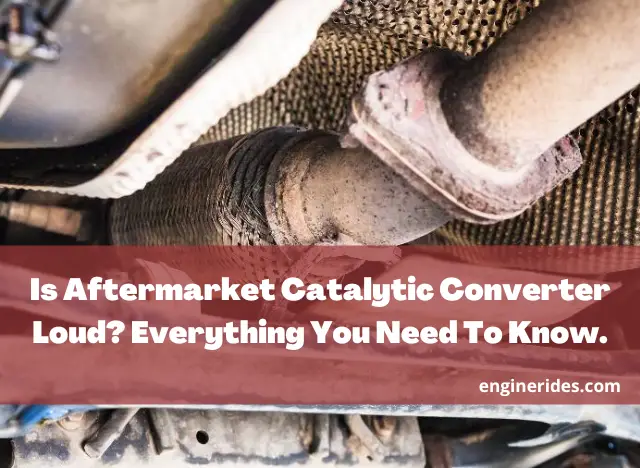
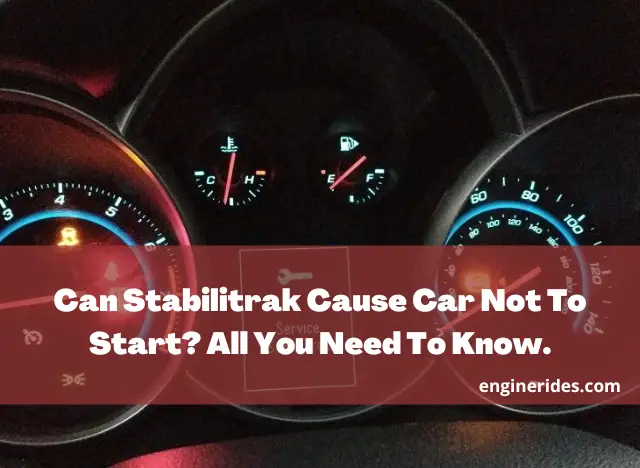
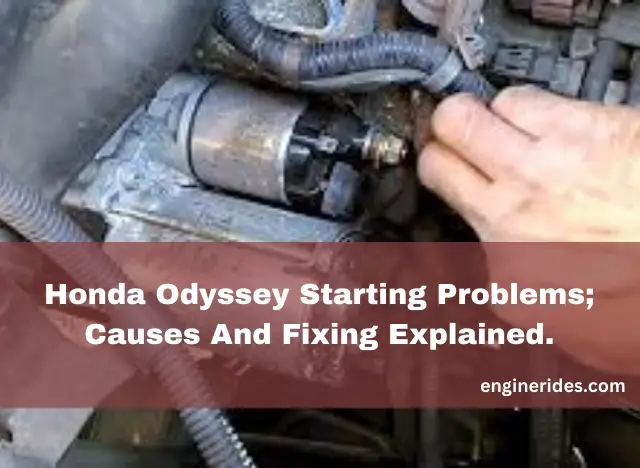
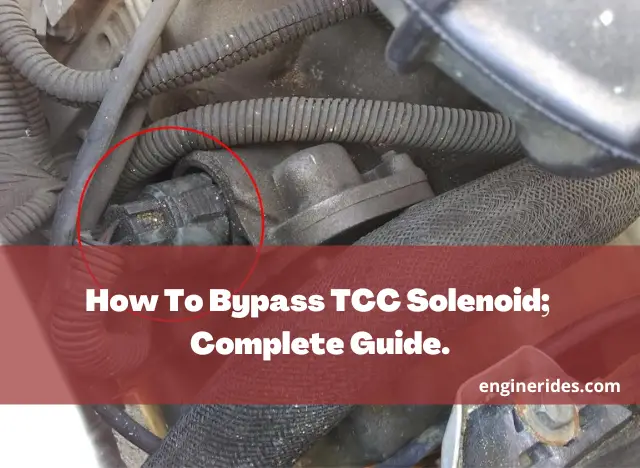
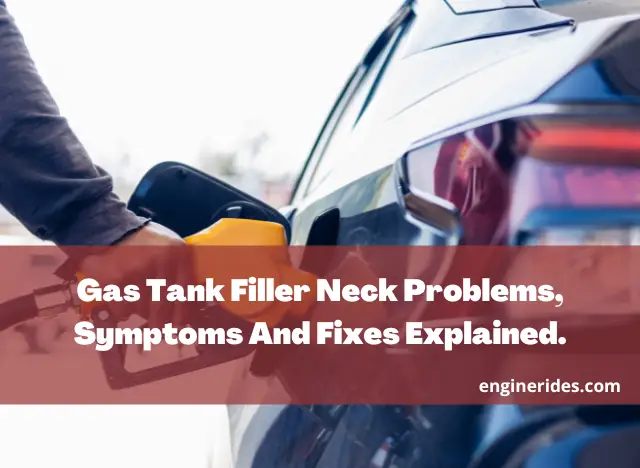


2 Comments